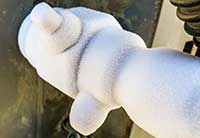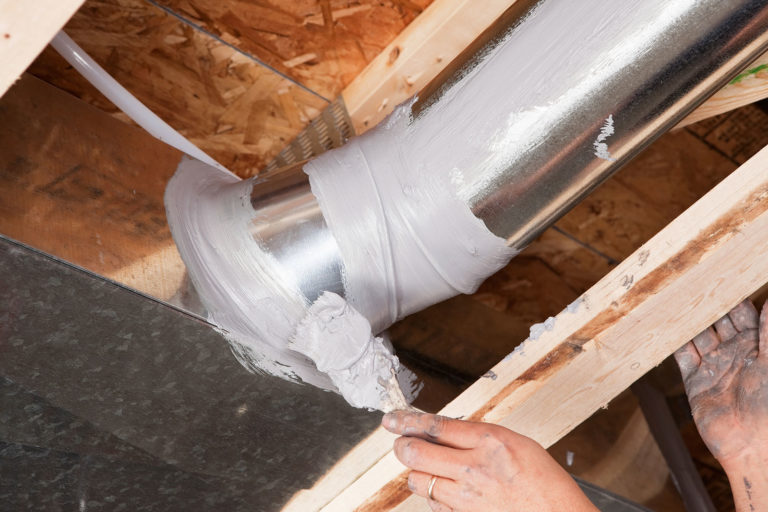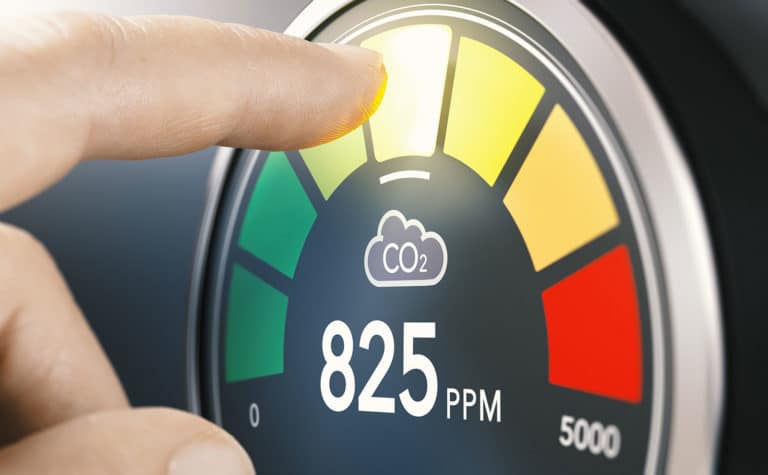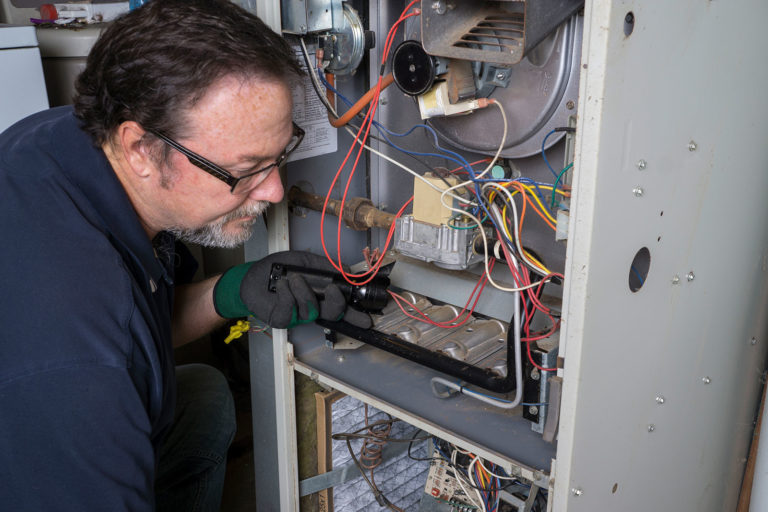How Do I Keep My AC Unit From Freezing Up?

There’s not much better than the feeling of an ice-cold AC on a hot day—but a frozen AC can be a major problem. Not only will a frozen AC not produce cold air, but allowing it to keep running while frozen can cause major damage to the entire unit. Learn more about what can cause an AC to freeze up, how you can prevent it, and when you may need to bring in a professional.
What Causes an AC to Freeze?

If you don’t feel much airflow coming from your vents, your AC is probably frozen. The first step is always to shut the AC unit off so that the compressor isn’t damaged; forcing a frozen AC to run can, ironically, cause it to overheat. After the ice covering the compressor has melted, you should be able to turn the AC back on; however, it’s important to get to the bottom of the problem to figure out the best way to fix it.
There are a few common reasons for an AC to freeze. These include:
Refrigerant leaks. If there’s not enough refrigerant in the system, either due to a leak or a faulty refrigerant charge, the evaporator coil becomes too cold. If this is the issue, you may also notice that the air that does come out of your AC feels warm or room-temperature. Generally, you’ll need to call an AC technician to detect any leaks, repair them, and recharge your AC with refrigerant.
Dirty or clogged air filter. Your AC’s air filter keeps debris from reaching and harming the motor and other delicate components. But your AC requires plenty of unobstructed airflow to properly function; if it’s not getting enough air, the refrigerant-exposed coils can quickly freeze. If you check your air filter and see it’s dirty, damaged, or blocked, changing to a new filter may be all that’s needed to get your AC back on track.
Thermostat issues. If your thermostat is providing the unit with the wrong ambient air temperature, the unit may be running even when it doesn’t need to. Keeping your AC running constantly can cause it to freeze. In most cases, this is an easy fix—the worst-case scenario usually just involves installing a new thermostat.
Prevent Your AC From Freezing
There are a few steps you can take to reduce the risk of your AC freezing. These include:
Regularly having your refrigerant level checked. Because your AC is a closed system, your refrigerant level should stay constant; even a slight decrease in the refrigerant levels could indicate a leak. Getting this diagnosed and repaired early can reduce the risk of damage to your AC unit.
Regularly checking and cleaning your air filter. Because a clogged air filter can quickly lead to freezing, keeping an eye on it regularly
Inspecting your condensate pan at least monthly. One of the first signs of AC trouble can be rising water levels in the condensate pan. This stagnant water can be a breeding ground for algae, mold, and bacteria.
Having your AC inspected on an annual basis by a licensed technician can be one of the simplest ways to avoid long-term problems. If it’s been a while since your AC has had some TLC, give AC Warehouse a call or visit our website today to schedule an appointment.







